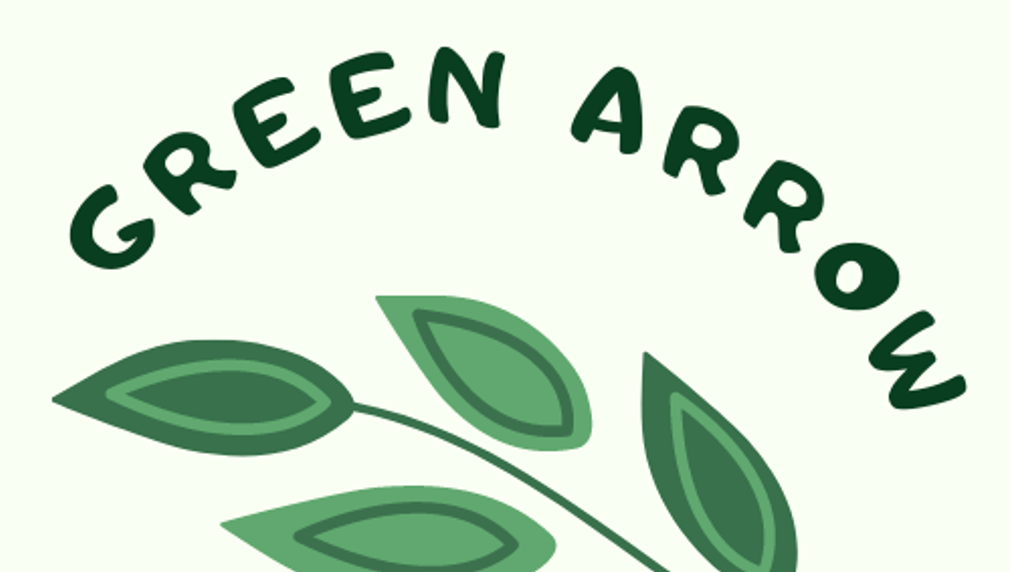Green Arrow Co-Lab Citizen Farmers and Healers Program
Green Arrow CoLab’s Citizen Farmers and Healers program is a youth justice solution that supports system-impacted young people through gardening and mindfulness classes. The project uses a curriculum focused on self-awareness, science, and mindfulness skills and activities to connect youth to nature, each other, and their inner desires for future achievement and self-efficacy. We seek to address systemic injustice issues by empowering future innovators and problem solvers through vocational education, therapeutic healing, and self-empowerment.

What is the primary issue area that your application will impact?
Support for Foster and Systems-Impacted Youth
In which areas of Los Angeles will you be directly working?
County of Los Angeles
In what stage of innovation is this project, program, or initiative?
Expand existing project, program, or initiative
What is your understanding of the issue that you are seeking to address?
This summer California will begin closing its three youth detention centers and shift the responsibility of juvenile justice onto the state’s 58 counties, ending an 80-year history of detention facilities that have been criticized for violence and racial disparities. The burden of change now comes to LA County. At a cost of around $300,000 per incarcerated youth, the County has spent significant amounts of money over the decades. We want to see this money reinvested in young people healing from trauma caused by a system that has disproportionately violated young people of color. Green Arrow recognizes that the roots of this disproportionate harm comes from socialized behaviors, racial disparities from the justice system, a disparate educational system, and generational poverty and trauma. With a rising increase in mental health issues over the past two years we believe this program is needed now, particularly as the County wrestles with a new approach to working with these youth.
Describe the project, program, or initiative this grant will support to address the issue.
The garden is the center of our work. Each site we partner with provides land; we provide the resources, gardening supplies and curriculum. Using self-awareness, healing and mindfulness skills/activities we aim to connect youth to nature, each other, and their inner desires for future achievement and self-efficacy. Additionally, we interweave discussions about racial theory, decolonization, and indigenizing, which helps young people re-acclimate to their inner selves and their place in the world. We teach trauma healing techniques by engaging with breath, movement, and sound exercises to facilitate self-confidence and emotional balance. The curriculum also integrates life skills, environmental sustainability, culinary skills and recipes. The gardening work is led by participants to promote a sense of ownership. Youth receive a stipend for their time. As part of our commitment in building self-efficacy and sustainable communities, the young people that participate in this program receive a stipend for their continued commitment to the program’s mindfulness work and upkeep of the garden. Proposed sites for the coming year include: 1) Anti-Recidivism Coalition Magnolia Re-entry House (in progress) - a program already underway, teaching 5-10 young men ages 18-26 2) Homeboys - (starting summer 2022) day center program for disconnected youth with an urban garden 3) My Friends Place - (starting summer 2022) working with youth experiencing homelessness
Describe how Los Angeles County will be different if your work is successful.
We envision Los Angeles County to be the center of a nationwide movement that provides youth with an opportunity to reclaim themselves and their future following involvement with the justice system through the healing power of nature. We want to see the County move away from a blame based system to one that seeks to repair the individual, the collective and structural norms that led to harm. We envision this leading to a recreation of what the justice system looks like for youth and young adults in our region. Instead of removing and shunning people from the community where they've caused harm we aim to bring them back into connection and belonging to the land and the self. To aid in this, we seek to support young people harmed by systemic injustice, structural racism and a societal disconnection by re-learning the importance of care, compassion, and connecting them to income opportunities for long-term stability.
What evidence do you have that this project, program, or initiative is or will be successful, and how will you define and measure success?
We measure success by providing youth with 1) skills in personal resiliency, conflict resolution, and overcoming trauma 2) gardening and practical hands-on skills in working the land 3) maintain connections with coach, develop improved relationships with support persons and parents 4) identify career goals to find an identity outside of the criminal activity/justice system. In the long term we seek to connect youth to life coaches, pursue careers identified in the program, and remain outside of the justice system. Indicators of Success include: -Serve 10-20 youth (x3 sites proposed in this project) -Each participant learn skills to mediate relationship with parents/family -75% graduation rate from the year long program -100% of participants report a positive self-change based on at least 3 self-identified goals at the beginning of the program participation -75% of participants remain free of involvement with the justice system, within two years of participation in the program
Approximately how many people will be impacted by this project, program, or initiative?
Direct Impact: 60
Indirect Impact: 120